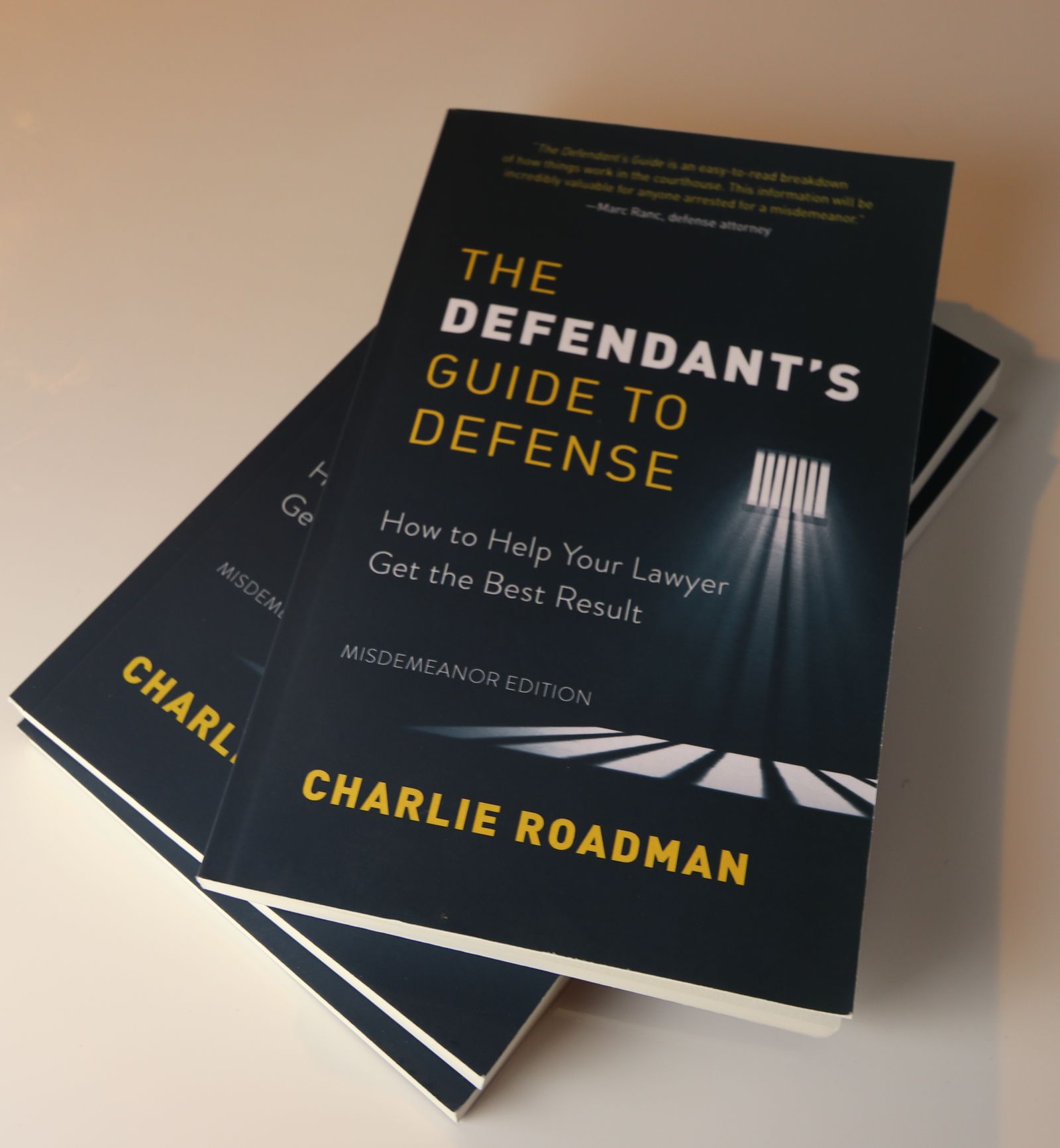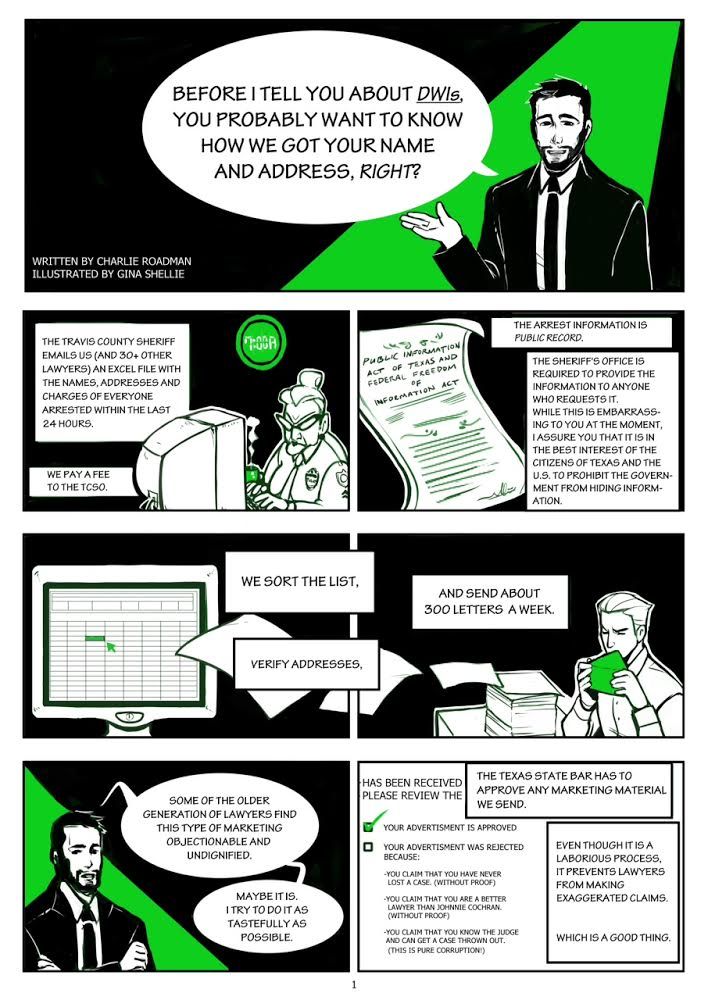Operation Issues in a DWI Case
Operation Issues in a DWI Case
Charlie explains what constitutes evidence in a DWI case.
FAQs
Q: What is the definition of DWI in Texas?
A: Under Texas Penal Code 49.04, a person commits an offense if the person is intoxicated while operating a motor vehicle in a public place. The keywords that need to be proved beyond a reasonable doubt are person, operating, intoxicated, motor vehicle, and public place.
Q: What does "operating" mean in the context of a DWI charge?
A: To be charged with a DWI, you must be operating a motor vehicle. This typically means that the police officer sees the defendant driving. However, in cases involving a crash where the driver is out of the vehicle when police arrive, the police will seek evidence to prove the person was driving.
Q: What happens if the driver is not present when the police arrive at the scene of a crash?
A: The police will try to get the person to admit to driving by asking questions like, "What happened?" They may also ask witnesses to identify the driver. If the driver has run off, possibly due to being on parole or probation, the police will look for other evidence to prove who was operating the vehicle.
Q: Can a person be charged with DWI if they are intoxicated in a parked car?
A: Yes, if the engine is on and the person is in the driver's seat, the law considers this as operating the vehicle. This can be problematic for individuals who sit in their car with the engine running for the air conditioning, even if they have no intention of driving.
Q: How can operation issues impact a DWI case?
A: Operation issues can sometimes be used to negotiate a better deal with prosecutors. If there is doubt about who was operating the vehicle, the defense may argue this point to potentially reduce the charges or penalties.
Q: Can a prosecutor drop DWI charges based on operation issues?
A: While it is rare for a prosecutor to believe the defendant wasn't driving, they may recognize the risk of losing at trial on the operation issue. This acknowledgment can sometimes lead to a more favorable outcome for the defendant.
Q: What kind of evidence do police look for to prove someone was operating a vehicle?
A: Police may look for physical evidence, such as seatbelt marks that indicate where the person was sitting, or they may rely on witness statements. They will gather as much evidence as possible to place the person behind the wheel.



